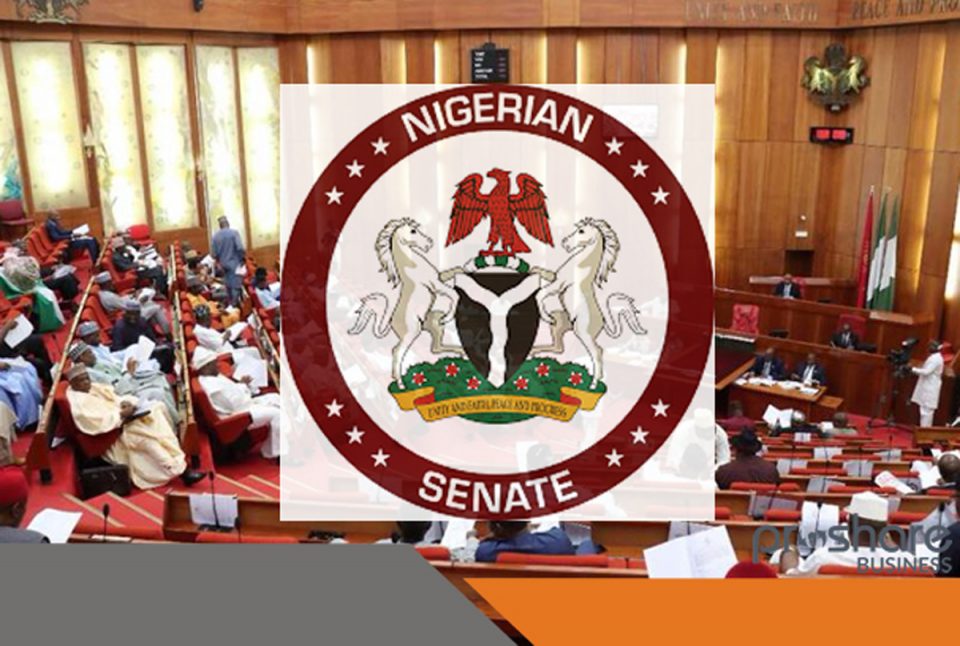The Senate has recalled its members from annual recess and will hold an emergency plenary session on Wednesday to discuss issues of national importance.
LEADERSHIP gathered from credible sources privy to the development that the decision was not unconnected to the planned August 1 nationwide protests against hardship in the country.
Recall that both Senate and the House of Representatives had last week Tuesday adjourned plenary till September 17, 2024 for lawmakers to observe their annual vacation.
The emergency plenary was disclosed in a notice by the Clerk of the Senate, Francis Akubueze, sent to Senators, saying the plenary will hold by noon on Wednesday.
The memo reads: “The President of the Senate, His Excellency, Senator Godswill Obot Akpabio, GCON, has directed that an emergency plenary sitting of the Senate be convened.
“Distinguished Senators are requested to make all necessary arrangements to attend as issues of national importance will be discussed.
“We regret all the inconveniences that this interruption of the recess will cause. Thanks for your usual understanding.”
Similarly, Spokesperson of the House of Representatives, Rep Rotimi Akin Jr. in a statement on Monday, said the plenary will focus on critical matters requiring immediate legislative attention.
Akin noted that it was customary for the House to reconvene from recess to address pressing national issues.
The statement read, “The House of Representatives wishes to announce that, pursuant to the directive of the Speaker, Rt. Hon. Abbas Tajudeen, PhD., a plenary session has been scheduled for Wednesday, July 31, 2024.
“Honourable Members have been duly summoned from their respective constituencies to attend this crucial session. This directive was communicated through an internal memorandum issued by the Clerk of the House, Dr. Yahaya Danzaria, Esq., on Sunday.”
It added, “The House had commenced its annual recess on Tuesday, July 23, 2024. The Annual Recess provides Honourable Members with the opportunity to engage extensively with their constituencies, ensuring that the legislative process remains attuned to public input.
“This period also allows for in-depth engagements at the grassroots, facilitating a deeper understanding of the constituents’ needs and priorities.”



